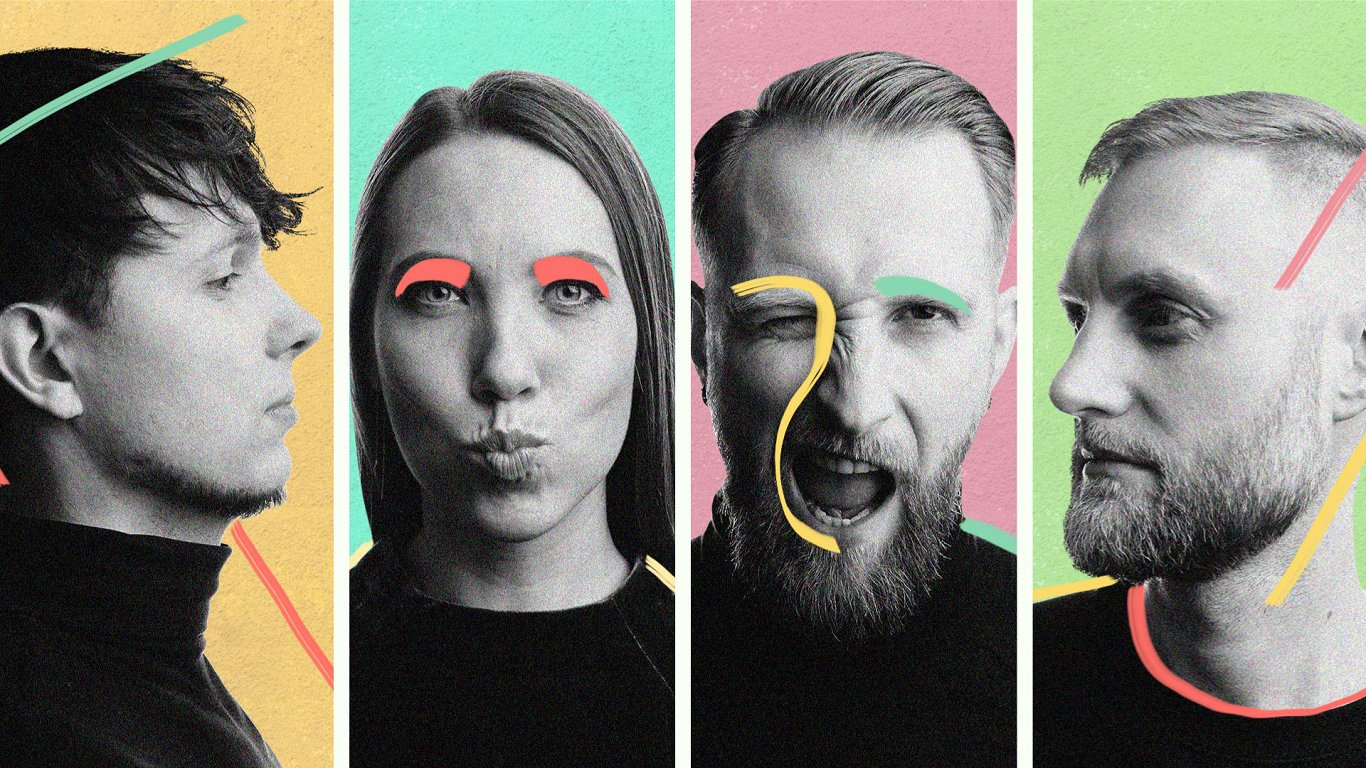Remdesivir, hydroxychloroquine, lopinavir / ritonavir, or tocilizumab. Try saying this without stumbling over it. Since corona, we’ve been bombarded with the most complicated drug names.
–
–
“These are the scientific names. They are real tongue twisters,” says brand advisor for pharmaceutical companies Pierre Konings. “With this pandemic, everything has to go super fast. Pharmacists don’t have time to think about a nice name yet, so the drugs get their scientific name.”
This scientific name was devised on the basis of a special system. Pharmacist Sam Gijsbrecht of Pharmacy Jansen explains: “The WHO comes up with those difficult names. In 1953 a system was devised to give each medicine a unique name that is the same all over the world.”
–
–
And that specific name has been well thought out. For example, it may not resemble anything else and it has a name that allows pharmacists to identify to which group the medicine belongs. “For example, drugs that inhibit the production of cholesterol always have the word ‘statin’ in their name. For example atorvastatin, simvastatin or rosuvastatin. So doctors and pharmacists all over the world can easily recognize what kind of medicine it is.”
Brand name
So the complicated names are the names of the chemicals in the drug. Medicines often also have a brand name. A clear example of this is the contraceptive pill. “Marvelon is a brand name of ‘the pill’. The scientific name of this is ethinyl estradiol / desogestrel”, says trademark expert Konings.
–
–
When coming up with a name for a medicine, several things are taken into account. “The name of the drug is tailored to the target group. A contraceptive must sound good to a woman. A cancer drug must above all radiate safety.”
Wrong recipes
In addition, the name should not cause confusion. “If they sound unsafe or are too similar to an existing drug, they can be rejected. In addition, they should not lead to incorrect prescriptions.
–
–


